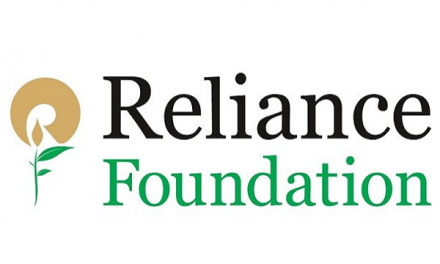Union Health Minister Dr. Harsh Vardhan on Sunday informed that the National Institute of Virology in Pune has successfully developed the first indigenous ELISA (enzyme-linked immunosorbent assay) test kit for the antibody detection of the novel coronavirus.
Harsh Vardhan said that the kit was validated at two sites in Mumbai and has high sensitivity and accuracy. It can also test 90 samples together in a single run of 2.5 hours, he said.
“This kit was validated at 2 sites in Mumbai & has high sensitivity & accuracy. Besides, it has the advantage of testing 90 samples together in a single run of 2.5 hours, so that healthcare professionals can proceed quickly with necessary next steps on their patients’ triage paths,” Union Health Minister Harsh Vardhan said in a series of tweets.
This kit was validated at 2 sites in Mumbai & has high sensitivity & accuracy. Besides,it has the advantage of testing 90 samples together in a single run of 2.5 hours, so that healthcare professionals can proceed quickly with necessary next steps on their patients’ triage paths. pic.twitter.com/J0uKCUPa5h
— Dr Harsh Vardhan (@drharshvardhan) May 10, 2020
Vardhan further said that the Indian Council of Medical Research (ICMR) has partnered with Zydus Cadila pharmaceutical company for the mass-scale production of the ELISA test kits.
The ELISA test is similar to rapid antibody tests as it looks for antibodies in the blood to ascertain if one has been infected with the coronavirus or not.
Union Health Minister Dr. Harsh Vardhan also informed that the Drug Controller General has granted commercial production and marketing permission to Zydus Cadila for the mass-scale production of the ELISA test kits.
“ELISA based testing is easily possible even at the district level. The @icmr_niv technology has been transferred to Zydus Cadila for mass-scale production. The Drug Controller General has granted commercial production & marketing permission to Zydus” Harsh Vardhan said in another tweet.
Developed in a month’s time, the testing kit would help to study the presence of anti-SARS-CoV-2 IgG antibodies in the Indian population.
It is cost-effective, sensitive, rapid, and a large number of samples can be tested at any level of the clinical setting, public health centers, and hospitals.
The ICMR recently has canceled orders for about half a million Covid-19 rapid antibody test kits from China after they were found to be giving out inaccurate results.
The testing technique is used to detect antibodies in the blood of people who may have had coronavirus infection.
Also read: Health Ministry revises guidelines for pre-symptomatic COVID cases











